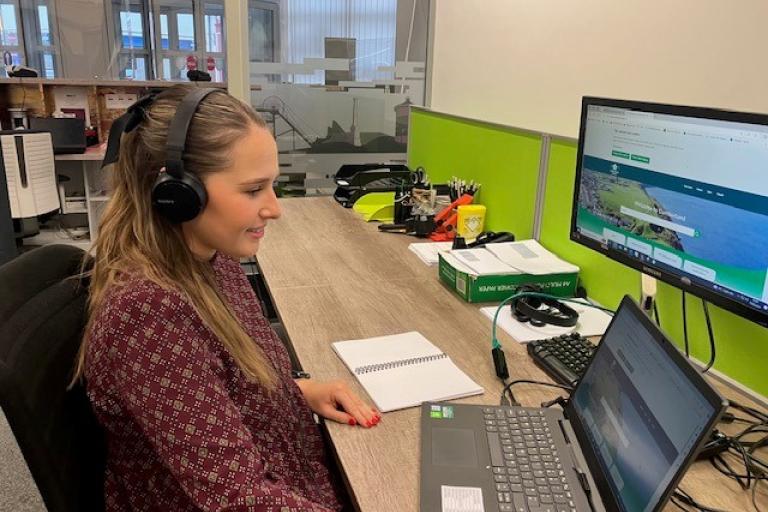Your application form needs to demonstrate how you meet the majority of the “roles and responsibilities” from the “post specification” section of the job listing.
The roles and responsibilities act as a checklist that the hiring manager uses to determine if you can be shortlisted for an interview. So ideally, you should provide working examples for each requirement to help you move to the next stage.
For example, imagine one of the essential criteria is ‘Experience of delivering training’. Instead of just writing:
“I have experience in providing training to new team members”.
You could make this better by writing:
“I have actively been involved in training new team members, including the creation of a training guide which is used to assist with formal training. This guide is now regularly referred to by all staff, encouraging and promoting skill and knowledge retention.”



